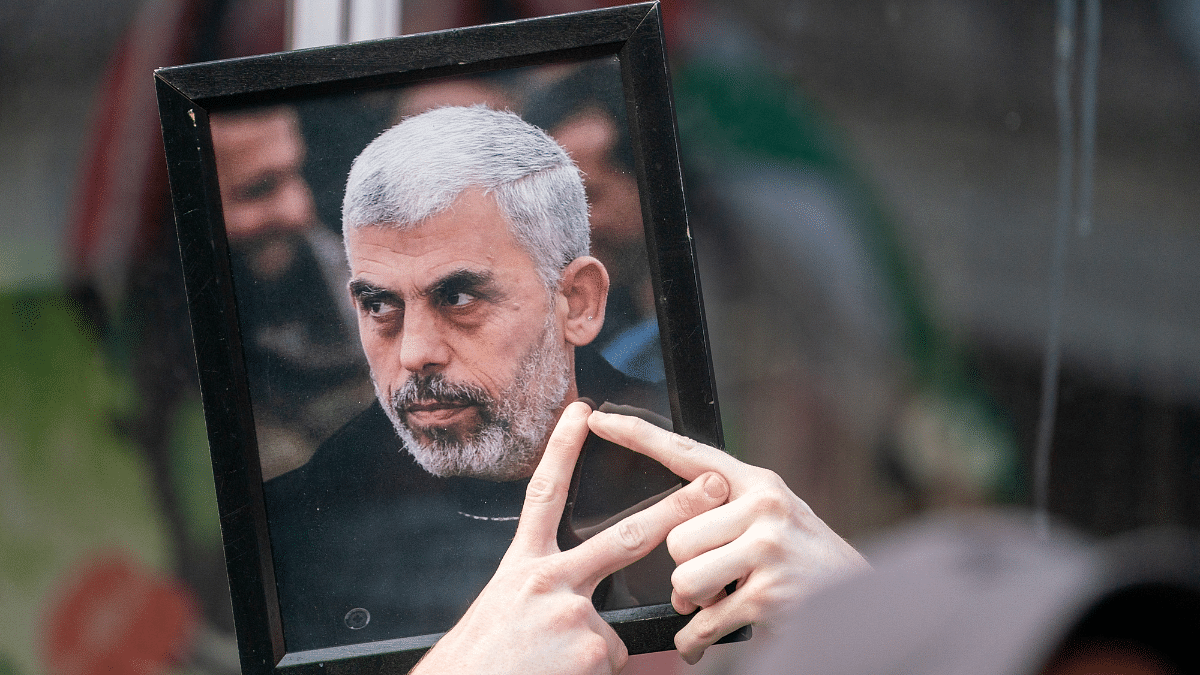 |
|
The recent killing of Yahya Sinwar, the leader of Hamas's political wing, by Israeli forces marks a significant development in the ongoing conflict between Israel and the Palestinian militant group. Sinwar, known for his ruthless enforcement methods and his role in orchestrating the October 7, 2023, attack on Israel, was a key figure in Hamas's leadership. His death, although hailed as a victory by Israeli Prime Minister Benjamin Netanyahu, is unlikely to bring an immediate end to the conflict, which has already resulted in thousands of casualties and widespread destruction.
Sinwar's rise to prominence within Hamas is a testament to his unwavering commitment to the group's ideology and his ability to navigate the complexities of Palestinian politics. He was born in the Khan Younis refugee camp in southern Gaza, a place where Palestinian identity was deeply intertwined with the experience of displacement and the longing for a homeland. His early involvement with the Muslim Brotherhood, followed by his founding of the group's enforcement arm, al-Majd, established his reputation as a ruthless enforcer willing to use extreme methods to achieve his goals. His conviction to four life terms and 30 years in an Israeli prison for his role in al-Majd and the murder of four Palestinians only solidified his image as a hardened and dedicated militant.
Sinwar's time in prison, however, was not merely a period of confinement. He used this period to hone his strategic thinking, immersing himself in Israeli culture and politics through the consumption of newspapers, radio broadcasts, and books. He even became fluent in Hebrew, demonstrating his dedication to understanding his adversary. Furthermore, he remained active in Hamas's activities, engaging in internal security operations within the prison and sending messages to operatives outside. This unwavering commitment to the cause, even from within the confines of a prison, earned him the respect of fellow prisoners and solidified his position within Hamas.
Upon his release in 2011, Sinwar quickly rose through the ranks of Hamas. His prolonged incarceration had toughened his image and earned him the trust of the group's leadership. His strategic acumen, honed during his time in prison, proved invaluable in navigating the complex geopolitical landscape of the region. He forged alliances with key figures within Hamas, including Ismail Haniyeh and Mohammed Deif, and eventually assumed the leadership of Hamas in Gaza in 2017.
While initially adopting a more peaceful stance towards Israel, Sinwar's approach gradually shifted towards a more confrontational one. With the influx of Qatari funding, he oversaw the construction of a vast tunnel network within the Gaza Strip and armed the Hamas militia with advanced weaponry. This buildup of military strength signaled his commitment to a more aggressive stance against Israel, ultimately leading to the October 2023 attack that triggered the current conflict.
The killing of Sinwar, while a significant setback for Hamas, is unlikely to end the conflict. The group has a deep-rooted ideology and a long history of resilience in the face of adversity. The vacuum created by Sinwar's death will likely be filled by another figure within Hamas, potentially someone equally committed to the group's goals. The conflict between Israel and Hamas is deeply rooted in historical grievances, territorial disputes, and the struggle for self-determination. It is unlikely to be resolved through the elimination of individual leaders. A sustainable solution will require a comprehensive diplomatic approach that addresses the underlying issues fueling the conflict.
Source: Hamas’s brutal enforcer, hardened by 2 decades in Israeli prisons. Who was Yahya Sinwar
